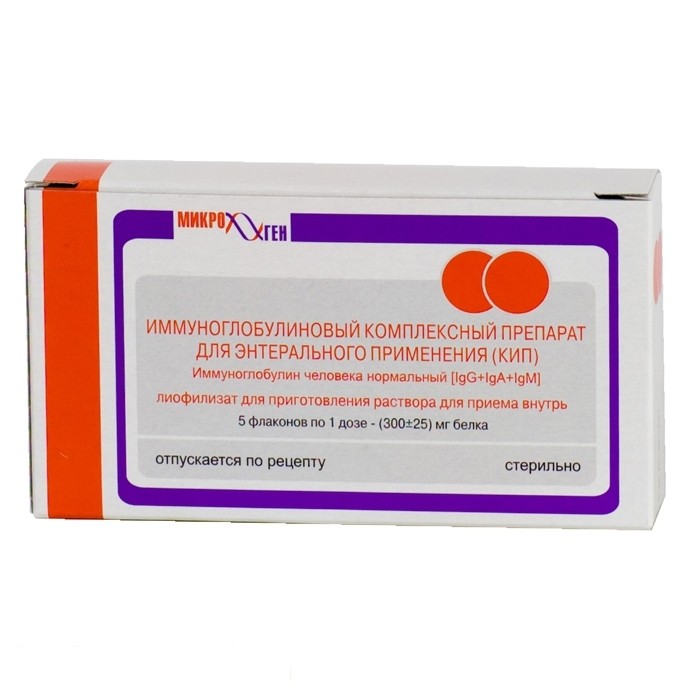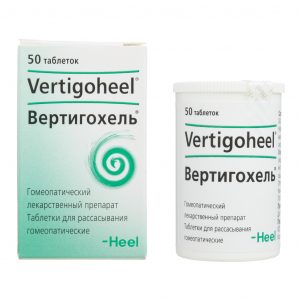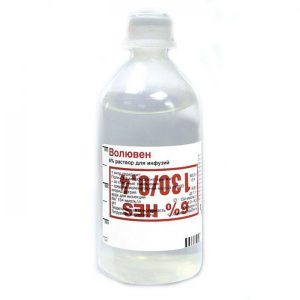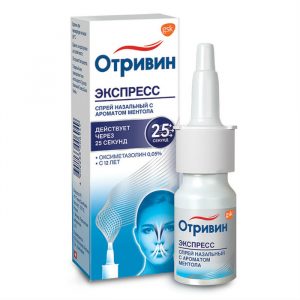Description
Pharmacological action of
The active component of the drug are immunoglobulins with antibody activity of various specificities. The drug also has nonspecific activity, manifested in increasing the body’s resistance.
Indications
– prevention of hepatitis A, measles, flu, pertussis, meningococcal infection, poliomyelitis
– treatment of hypo- and agammaglobulinemia
– to increase the body’s resistance during the period of convalescence of infectious diseases.
Contraindications
– allergic reactions or severe systemic reactions to human blood products in history.
In cases of severe sepsis, the only contraindication for administering immunoglobulin is a history of anaphylactic shock on human blood products.
Precautions: severe heart failure, diabetes mellitus, renal failure.
Use during pregnancy and lactation
During use during pregnancy or breastfeeding, comparing the benefits for the mother and the risk for the fetus.
Immunoglobulin passes into breast milk and may contribute to the transfer of protective antibodies to the newborn.
Special instructions
Persons suffering from allergic diseases (asthma, atopic dermatitis, recurring urticaria) or prone to allergic reactions on the day of immunoglobulin administration and for the next 8 days, the appointment of antihistamines is recommended. During an exacerbation of the allergic process, the drug is administered at the conclusion of an allergist.
Persons suffering from autoimmune diseases (diseases of the blood, connective tissue, nephritis, etc. ) the drug should be administered against the background of appropriate therapy.
A temporary increase in the content of the administered antibodies in the patient ² ¢s blood after the administration of immunoglobulin can lead to false-positive results of serological tests.
Information about the possible effect of the drug on the ability to drive vehicles and mechanisms.
The introduction of the drug does not lead to psychomotor disorders and does not affect the ability to drive vehicles and other mechanisms.
Composition
The preparation is an immunologically active protein fraction isolated from human blood plasma from healthy donors individually tested for the absence of antibodies to human immunodeficiency virus (HIV 1 and HIV 2) and hepatitis C virus and hepatitis B virus surface antigen (HBsAg )
The drug has low anticomplementary activity as a result of treatment with a small amount of pepsin in a slightly acidic medium, followed by removal of the enzyme with aluminum hydroxide.
Side effects of
With the introduction of the possible: headache, dizziness, migraine pain, abdominal pain, increased or decreased blood pressure, tachycardia, cyanosis, chills, shortness of breath, chest pain. In rare cases, reactions may develop in the form of hyperemia and an increase in body temperature to 37.5 ° C during the first days after administration, as well as dyspeptic symptoms.
Individuals with altered reactivity may develop allergic reactions of various types, and in exceptional cases, anaphylactic shock.
Rarely – marked decrease in blood pressure, collapse, loss of consciousness, increased sweating, feeling tired, malaise, back pain, myalgia, numbness, fever or sensation of cold, aseptic meningitis, acute renal tubule necrosis.
Overdose
There have been no cases of overdose.
Storage conditions
In a dry, dark place at a temperature of 2 to 10 ° C. Keep out of the reach of children.
Expiration
2 years
Deystvuyuschee substances
immunoglobulin man Normal
Dosage
oral solution




